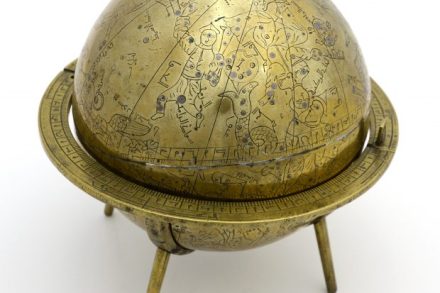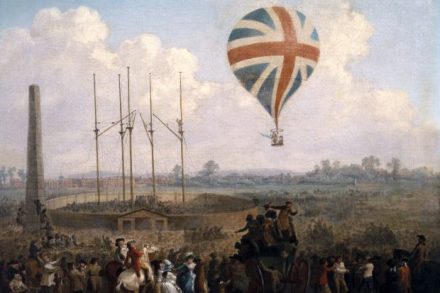Shady past
David Hockney: It is a kind of joke, but I really mean it when I say Caravaggio invented Hollywood lighting. It is an invention, in that he quickly worked out how to light things dramatically. I’ve always used shadows a bit, because that’s what you need below a figure to ground it, but mine are more like Giotto’s than Caravaggio’s. I use shadows that you see in ordinary lighting conditions; you don’t find ones like Caravaggio’s in nature. But there are other varieties of Hollywood lighting. The ‘Mona Lisa’ is one of the first portraits with very blended shadows. That face is marvellously lit, the shadow under the nose, and



















